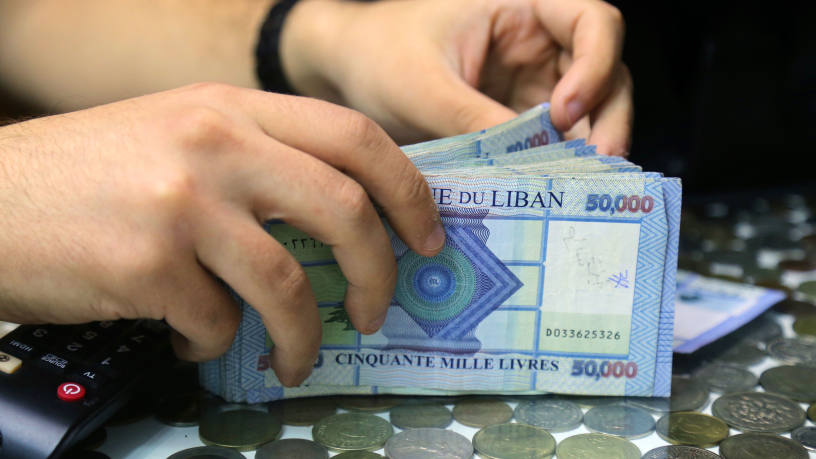Pity the poor Lebanese bank account holder. Sure, you can still make withdrawals in Lebanese pounds, but the banknotes will be worth little more than your ATM receipt, with the country’s currency having lost more than 90% of its value in the past three years.
Dollar withdrawals are technically possible; yet with the country’s currency reserves having dropped by a third since late 2019, most withdrawals are at ruinously uncompetitive rates. It’s little wonder then that depositors are resorting to drastic measures — including international lawsuits and threatening behaviour towards domestic branch staff — to get their hands on their cash.
Lebanon’s banking system — and the nation’s economy — has plumbed unprecedented depths since the Banque du Liban’s (BdL) ‘financial engineering’ scheme to prop up the pound collapsed in late 2019. Further calamities, including a sovereign default in 2020, the Covid-19 pandemic and the devastating Beirut Port explosion, have created a financial crisis that the World Bank describes as “likely to rank in the top 10, possibly top three, most severe crises episodes globally since the mid-19th century”.
Debt-to-gross domestic product is now estimated at more than 500%, while around 80% of the country’s population live below the poverty line.
However, there are glimmers of hope. After months of negotiations, the Lebanese government reached a long-anticipated staff-level agreement with the International Monetary Fund for a $3bn loan facility this April, contingent on far-reaching reforms to the country’s ailing banking sector and the wider economy. Such reforms — reported to include the cancellation of a large portion of the central bank’s foreign currency obligations to banks and the dissolution of non-viable lenders — were approved by the country’s outgoing cabinet in May.
Yet such plans face stiff resistance from the banking sector itself, still dominated by the country’s traditional political elite. Serious questions also surround the future of the BdL and its long-standing governor, who finds himself at the centre of a series of criminal investigations, both at home and abroad.












